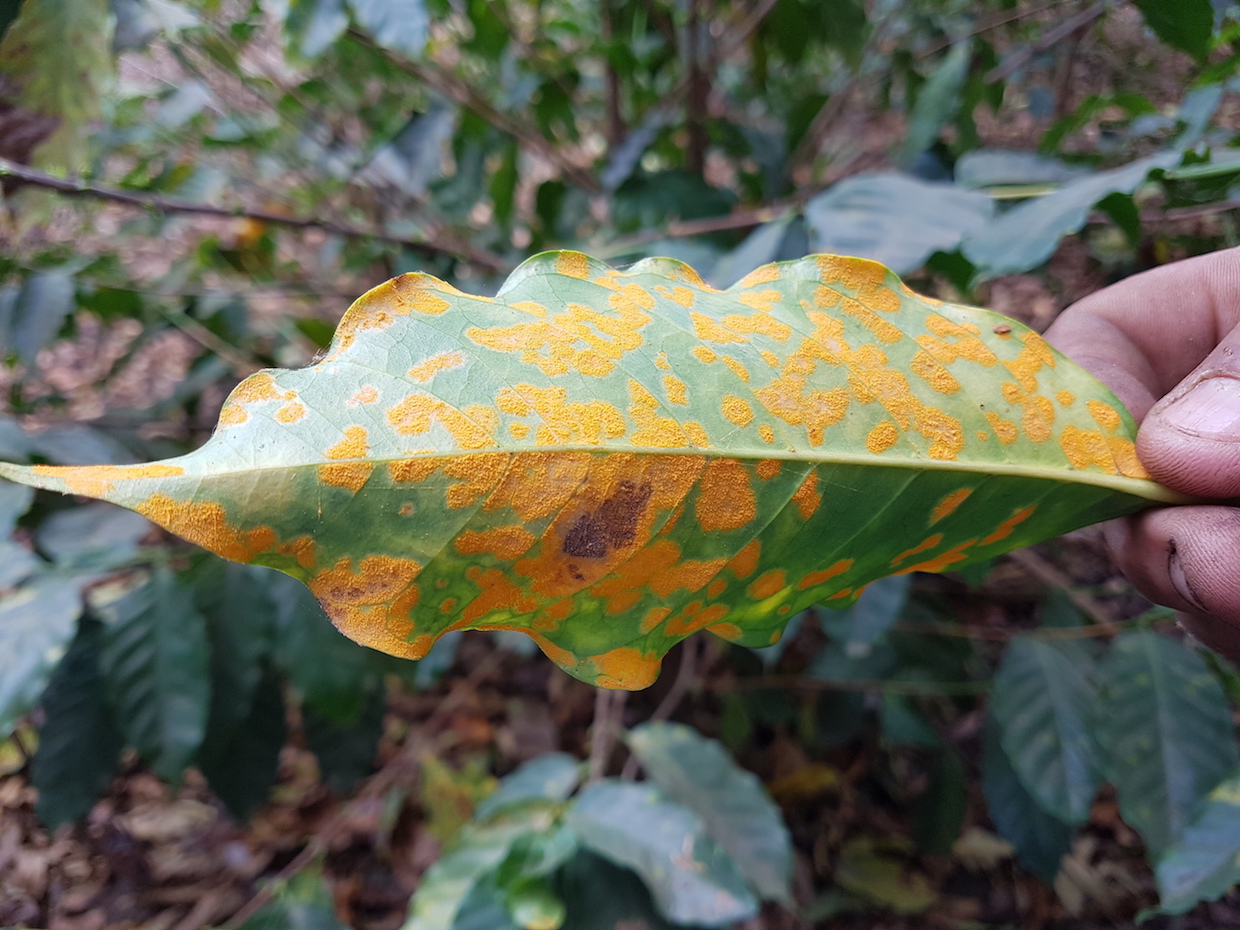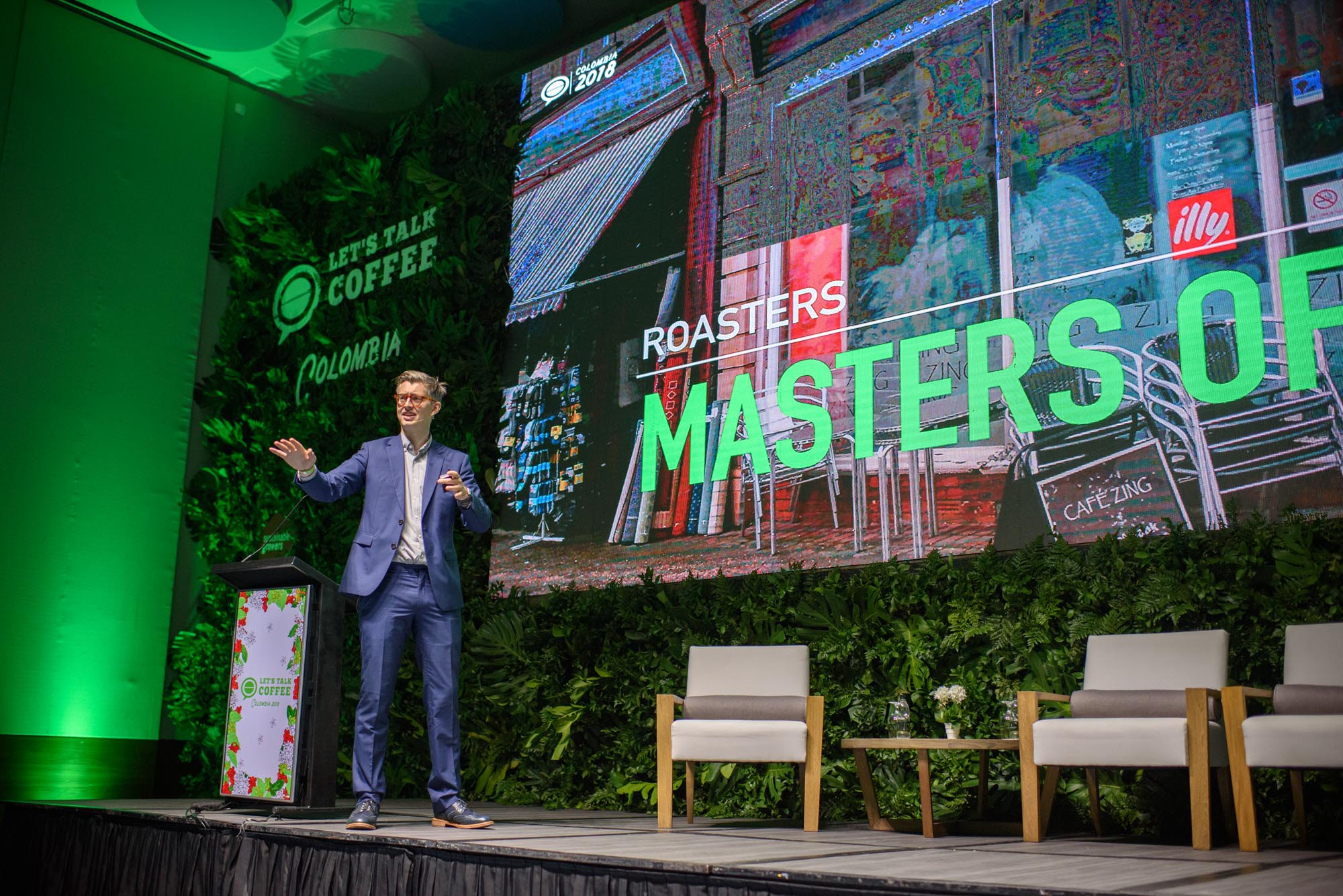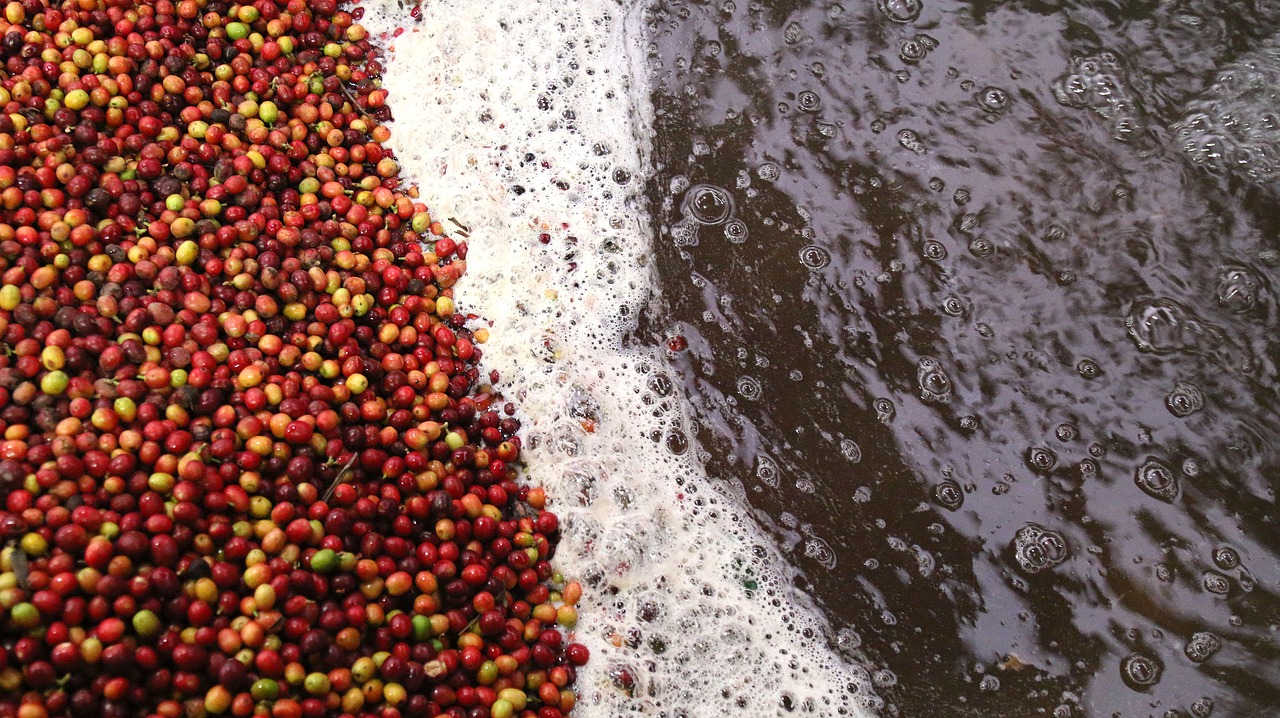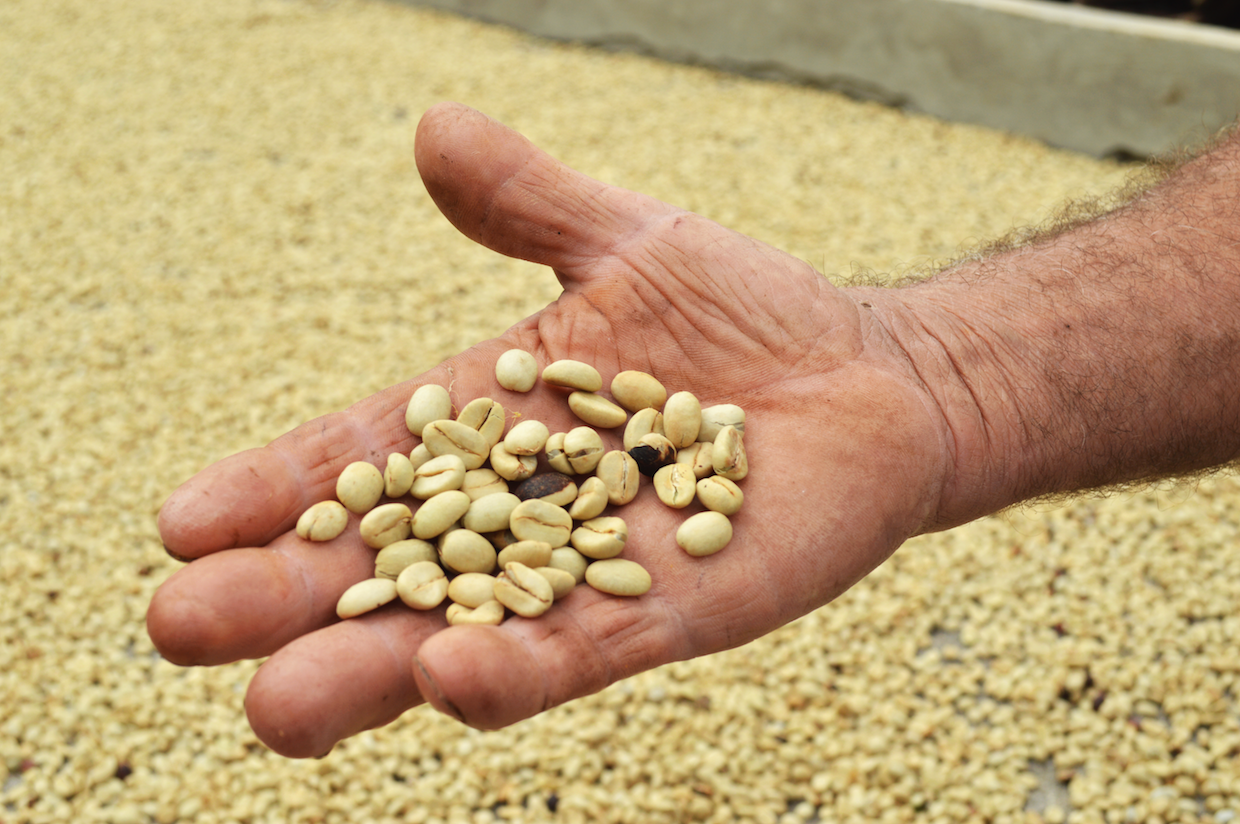I’ve often heard the argument that the word “sustainability” has been overused for so many applications in the coffee world that it’s lost all meaning. But then I look at a dictionary, and it’s right there, plain as day:
of, relating to, or being a method of harvesting or using a resource so that the resource is not depleted or permanently damaged
Argument over, I suppose.
In coffee, sustainability of course can apply to any number of resources, such as cash, social equity, water, soil, electricity or entire workforces. But resource number one — the one around which all these others dance in the winds of commerce — is coffee itself.
Here was the biggest news in coffee sustainability in 2018:
The Forecast is Bleak: Inside the 2018 Coffee Barometer
An increasingly consolidated, profit-driven coffee industry in leading consumer markets like the United States and Europe is failing to respond to serious sustainability threats. In this failure — in which the short-term pursuit of profit is prioritized over long-term sustainable practices — the coffee industry is rapidly headed towards its own peril.
Most-Vulnerable Farmers Being Left Out of Certifications, Geographic Analysis Shows
“Certification appears to be concentrated in areas important for biodiversity conservation, but not in those areas most in need of poverty alleviation, although there were exceptions to each of these patterns,” a group of researchers from the U.K. and U.S. wrote in a recent paper in the journal “Biological Conservation” called “Where are commodity crops certified, and what does it mean for conservation and poverty alleviation?”
New Policy Report Tackles Voluntary Sustainability Standards in Coffee
The proliferation of the most popular third-party sustainability certifications in coffee has led to modest benefits to coffee producers overall, though many of the world’s poorest farmers lack the resources to participate, and supply of certified coffee may be outpacing demand.
Public Consultation is Open for Rainforest Alliance’s Sweeping New Standard
At first glance, two of the biggest differences in the new standards appear to be a mechanism by which producers can more easily work towards certification within the contexts of their given farms, and more individualized and data-driven auditing mechanisms both for producers and RA.

Coffee leaf rust swept over Latin America in 2012, and the economic reverberations continue to be felt today. Photo courtesy of World Coffee Research.
Coffee is Rapidly Losing Its Resistance to Rust, Says WCR Science Director
The coffee industry has traditionally and conveniently placed coffee varieties and cultivars into one of two simple categories when considering plants’ natural resistance to leaf rust disease: 1) resistant, or 2) susceptible. The line between the two blurred in a publicly revelatory way when the Arabica variety lempira, which was widely planted throughout Honduras, was discovered last year to have lost its resistance to leaf rust.
Starbucks Committing $20 Million to Farmer Assistance Amid Price Crisis
Starbucks has become the first major global coffee company to publicly put some big money where its mouth is, announcing today the commitment of up to $20 million in relief funds to coffee farmers being affected by the price crisis on the commodities market.
Five-Year, $36.4 Million Effort to Boost Coffee and Cocoa in Latin America
The international development nonprofit TechnoServe is leading the coffee-related efforts in a five-year, $36.4 million initiative designed to revive and bolster the coffee and cocoa sectors in six Latin American coffee-growing countries.

James Hoffmann speaking at the 2018 Let’s Talk Coffee Global event in Cartagena, Colombia. Photo by Bryan Clifton, courtesy of Sustainable Harvest/Let’s Talk Coffee.
A Radical New Social Contract Concept from James Hoffmann
Despite all of the best intentions and practical efforts of the specialty coffee sector’s progressive leaders, it seems little has changed in terms of the coffee trade’s fundamental dynamics of power and risk, Hoffmann contended. Hoffmann’s perspective here stems in part from his origin-focused country-by-country research for “The World Atlas of Coffee.”
New ‘Useful Plants Indicator’ Shows Conservation Lacking in Coffee
Coffee is behind in the ongoing race to protect wild plant species biodiversity as the earth faces increasing climate change, loss of habitat and other natural and man-made challenges, according to a new conservation research study.
Birds Are Good with Robusta or Arabica, As Long As There Are Trees
While the prevailing choice among discerning coffee drinkers is for arabica over robusta, birds seem equally fine with either, so long as adequate canopy cover is in place and pesticides are kept to a minimum.
From Coffee Wastewater to Clean Water and Electricity: Fuel Cell Gets Boost
Wastewater from coffee processing remains a persistent polluter, affecting waterways, soil health and entire coffee-growing communities. In the case of small, farm-level mills — like those found throughout Colombia and other Latin American coffee countries — coffee wastewater is often filled with with organic matter, it’s extremely acidic, and it has high biochemical oxygen demand.
Starbucks Committing $10 Million to Recyclable Cup Solutions
Paradoxically, the company is now investing in solutions to an environmental sustainability problem that it has long recognized, yet willfully perpetuates to this day. For example, Starbucks proudly trumpets the release of its annual holiday cups, mentioning neither the resources used to produce them nor the fact that the vast majority of them are to end up in landfills.
Ranking Certifications: German Rersearchers Create VSS Index for Coffee
In general, the index (called VOCSI) showed that third-party certifications, particularly those with support from NGOs, outperformed standards utilizing self-assessment. Examples of the former include UTZ, Rainforest Alliance and Fair Trade USA, while examples of the latter include Starbucks’ C.A.F.E. Practices and Nespresso AAA.
Nick Brown
Nick Brown is the editor of Daily Coffee News by Roast Magazine.








Comment